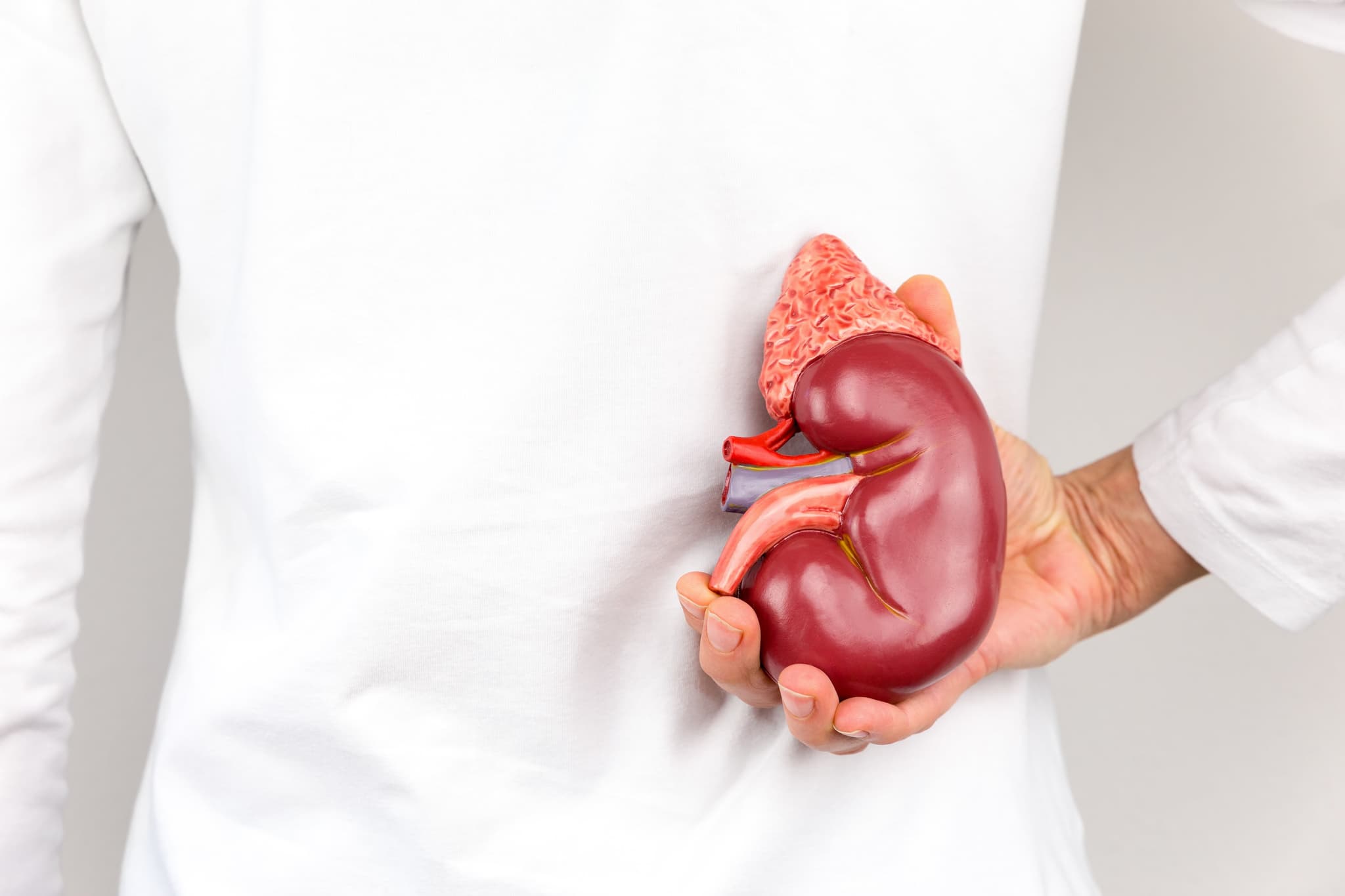
2025-01-21T10:28:42
How Thyroid Imbalance Affects Fertility: What to Know
- Endocrinology
- Family Medicine
November 3, 2016 | Endocrinology
Specialties:Endocrinology (Diabetes/Hormone Management)

For many of us, an introduction to the hormones in our bodies can be abrupt. Just when our brains are capable of handling such subject matter, our bodies go through the significant changes associated with puberty. It can be a new and frightening time for many at that age, but it’s also an important stage in life as we become more familiar with our bodies.
In reality, few teens know just how vital these chemicals are to our bodies. They don’t just cause acne and growth spurts; these hormones help regulate everything from our mood to our sleep habits, and can have big effects on quality of life for anyone with even minor imbalances.
Hormones are like the body’s mail system. They communicate between different parts of the body, and help them stay connected even as they function separately. Hormones are released by endocrine glands, and there are several types of these glands in the body that regulate everything from reproductive organs to the immune system.
Hormones are naturally regulated by the body. This is often a seamless process with no worse side effects than a little acne here or there in pre-teen years. Every person on earth is affected by their hormones, and this often plays out in unnoticeable ways.
Those who study and treat patients in these areas are in a field known as “endocrinology,” or the study of hormones.
For those suffering from disorders, hormone regulation is a serious issue that affects daily life. Endocrinologists split these patients into two distinct categories:
Diabetes is one of the most common, and often most serious, disease associated with hormone imbalance. In fact, it affects over 18 million people in the United States alone.
Diabetes involves the pancreas, one of the body’s hormone-secreting organs, struggling to produce or regulate insulin, a hormone which helps the body use vital nutrients from fats and sugars consumed in food.
Other endocrine disorders are rarer and less well-known, but can be serious in some cases too. They can affect things ranging from growth to metabolism, and like diabetes, many cases go unreported and untreated.
Endocrinologists aren’t limited to treating hormone disorders. Some do research, studying the chemicals within the body, and some even study the way our hormones compare to those of other species. Others specialize in children (a field known as pediatric endocrinology). There were roughly 7,000 active physicians in the endocrinology, diabetes and metabolism field in the United States as of April 2016, though these figures might understate professionals in research fields.
Endocrinologists are a vital asset for millions of people. Parents of young children should be especially conscious of their benefits, as should anyone who might be suffering from a hormone-related issue.
WRITTEN BY:
The Live Better Team

2025-01-21T10:28:42

2024-10-09T14:26:27

2024-07-01T13:49:28

2019-06-21T10:58:16
This information is not intended to replace the advice of a medical professional. You should always consult your doctor before making decisions about your health.